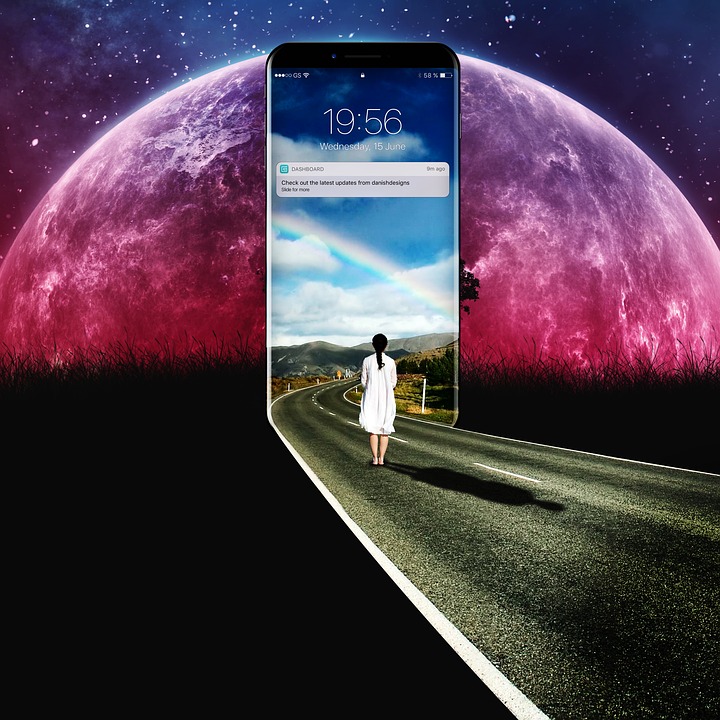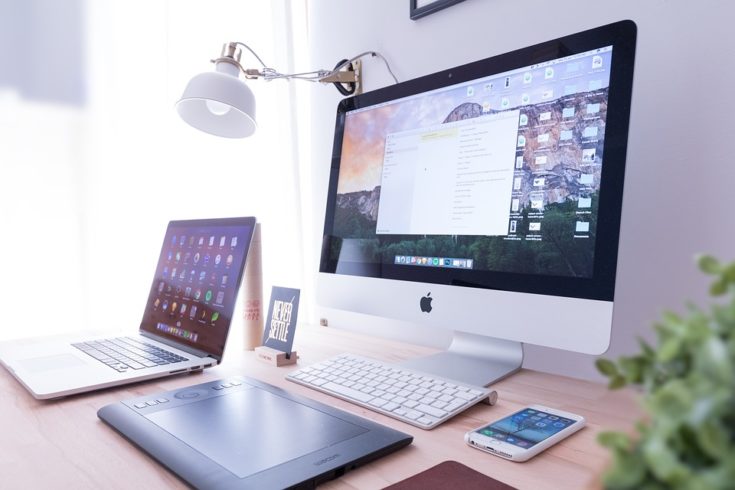Disclosure: This post may contain affiliate links, meaning we get a commission if you decide to make a purchase through our links, at no cost to you. Please read our disclosure for more info.
Last Updated on November 12, 2017 by Work In My Pajamas

Are you an ardent Apple smartphone lover? Do you know in what ways does IOS phone differ from Android ones? Well, for an iPhone lover this question would bring in an innumerable number of reasons which he might present to you, no matter whether they are valid or not. However, one question which we have seen repeatedly arising is about the GPS tracking system of an iPhone and if it is better than the Android ones?
The answer to this question is actually yes! GPS system fitted in an iPhone is much more advanced and precise than a standalone GPS signal generator. How? Well, that is what we are going to explain in the rest of the article.
- Compared to Standalone GPS it Has A-GPS
A simple Global Positioning System or GPS operates on a single receiver frequency utilizing which it determines your position. However, A-GPS or ‘assisted GPS’, the one found in iPhone does continuously monitor radio frequency, cellular data network and using all of these assistances determines your precise. One other important feature of iPhone is that whenever your battery is low, the GPS power is brought down by certain levels, keeping in mind the precision isn’t compromised.
- Data Connection Is a Necessity
If other phone brands or popular Android phone companies can give competition to the A-GPS of Apple, it simply is because an iPhone heavily relies on a data connection to load and show map. A-GPS the version of Apple does require data connectivity through which it does search and load the map of any region. Standalone GPS, on the other hand, does have the mechanism of storing a map of the entire region or country on a single device which therefore gives it the advantage of loading the map even while offline.
Also, with the development of technology, standalone GPS devices are no longer required and now smartphones come embedded with the GPS and this has thus reduced the number of standalone GPS consumers by as much as 23 million.
- A-GPS Will Not Guide You Along the Roads
While using A-GPS you will find that it doesn’t quite comfortably guide you through the turns as does an Android device. The reason being? Apple heavily relies on Google’s Map module which forbids it to provide the ‘turn by turn’ navigation and hence Apple can only show you the map of the region and not necessarily guide you along lanes. With Android Google doesn’t forbid the GPS system and hence they are able to comfortably move you through every lane present in the region.
It Doesn’t Mean That A-GPS Is Bad
Reading above 3 points of difference you may feel we only do have negative things to say about A-GPS however that is not true. A-GPS does have an advantage in terms of positioning and power saving as compared to a standalone device provided it approximates your location in many instances.
This means that iPhone GPS is able to better position you than a standalone GPS when it has the necessary Internet connectivity. Also in cases where you do not require accurate map services, it simply lowers the GPS power and approximates the location through Cell signals thereby saving in battery life.
Therefore, it is very difficult to choose between a standalone GPS system and an A-GPS provided one has cloud technology as its strength, while the other has a nondependence on radio tech as its forte. Therefore, as any other technology in the world, the GPS system of an iPhone also does have its own advantages and disadvantages, thinking one tech to be better than the other wouldn’t be doing justice to the same.


